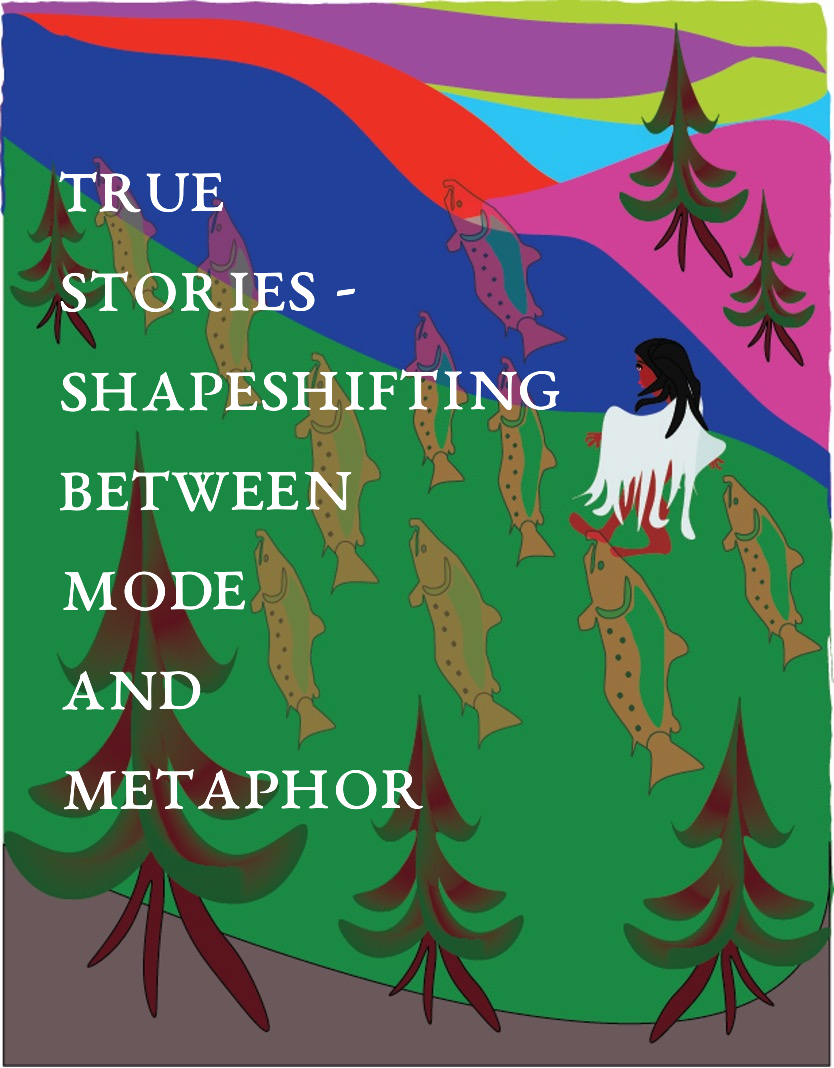True Stories—Shapeshifting between mode and metaphor
DOI:
https://doi.org/10.14288/mantle.v1i1.198383Keywords:
prophetic imagination, salmon, metaphors, compassionate mind, good heart/mind, heart knowledge, spiritual literacy, pollinators, cognitive/epistemic (in)justice, well-beingAbstract
For the Squamish Nation, the two peaks of Vancouver’s North Shore are twin sisters who brought lasting peace. As the “North Shore Lions” they symbolize colonial effacement of Aboriginal presence. We draw on ‘true stories’ from Indigenous, Irish, and scientific traditions to explore the tension between the ultimately unknowable ‘truth’ of mountains, salmon, and people and the ‘stories’—myths, models, maps, equations, parables, poetry, plays, paintings, and prose—that help us to grasp aspects of their mystery. Indigenous, religious and a growing number of scientific authorities argue that wisdom and well-being have physical, emotional, spiritual, and intellectual dimensions. We suggest that over-valuing the intellectual leads to the chronic stress, broken relationships, and suicide that are all too common in school and university. In other words, that the demands of academic excellence are inimical to wholistic well-being. We conclude that denigration and exclusion of emotional and spiritual intelligence is an insidious form of epistemic or cognitive injustice. Indigenous concepts of ‘good’ or ‘compassionate mind’ point to deficits in the university mission of research, teaching, and service, but also suggest ways to enrich knowledge and increase well-being.

Downloads
Published
Versions
- 2023-07-10 (2)
- 2023-07-06 (1)

